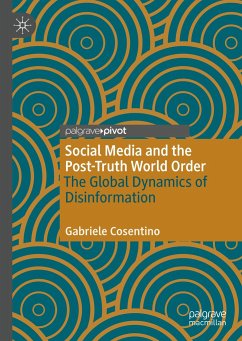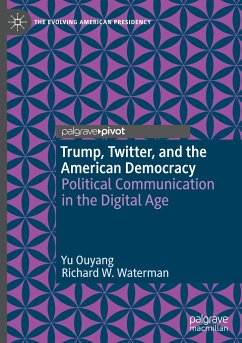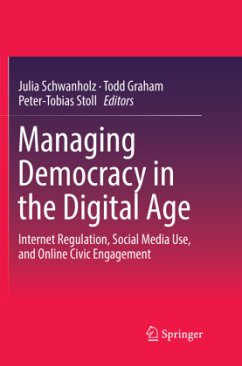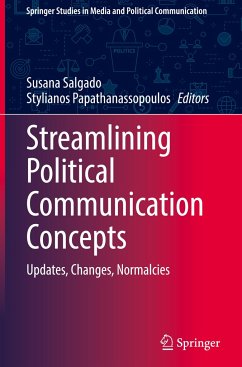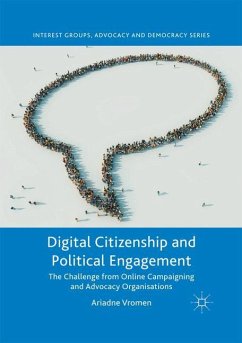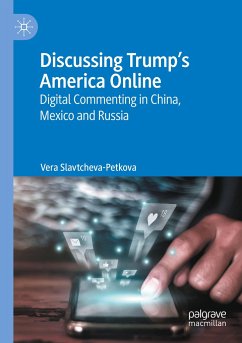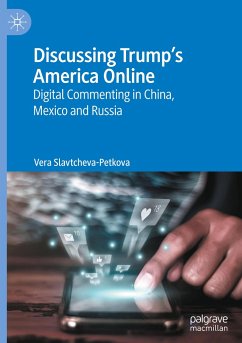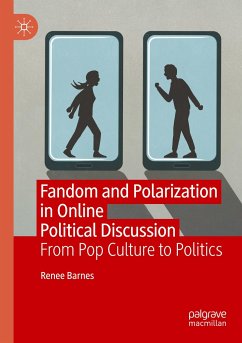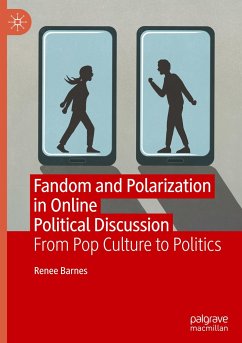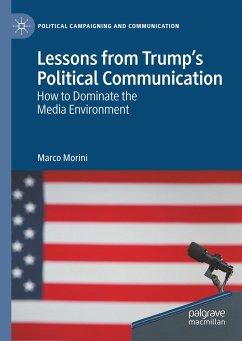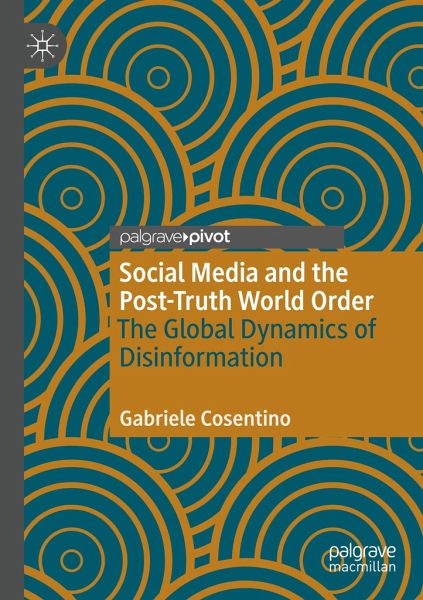
Social Media and the Post-Truth World Order
The Global Dynamics of Disinformation
Versandkostenfrei!
Versandfertig in 6-10 Tagen
49,99 €
inkl. MwSt.
Weitere Ausgaben:

PAYBACK Punkte
25 °P sammeln!
This book discusses post-truth not merely as a Western issue, but as a problematic political and cultural condition with global ramifications. By locating the roots of the phenomenon in the trust crisis suffered by liberal democracy and its institutions, the book argues that post-truth serves as a space for ideological conflicts and geopolitical power struggles that are reshaping the world order. The era of post-truth politics is thus here to stay, and its reach is increasingly global: Russian trolls organizing events on social media attended by thousands of unaware American citizens; Turkish ...
This book discusses post-truth not merely as a Western issue, but as a problematic political and cultural condition with global ramifications. By locating the roots of the phenomenon in the trust crisis suffered by liberal democracy and its institutions, the book argues that post-truth serves as a space for ideological conflicts and geopolitical power struggles that are reshaping the world order. The era of post-truth politics is thus here to stay, and its reach is increasingly global: Russian trolls organizing events on social media attended by thousands of unaware American citizens; Turkish pro-government activists amplifying on Twitter conspiracy theories concocted via Internet imageboards by online subcultures in the United States; American and European social media users spreading fictional political narratives in support of the Syrian regime; and Facebook offering a platform for a harassment campaign by Buddhist ultra-nationalists in Myanmar that led to the killing of thousands of Muslims. These are just some of the examples that demonstrate the dangerous effects of the Internet-driven global diffusion of disinformation and misinformation. Grounded on a theoretical framework yet written in an engaging and accessible way, this timely book is a valuable resource for students, researchers, policymakers and citizens concerned with the impact of social media on politics.





